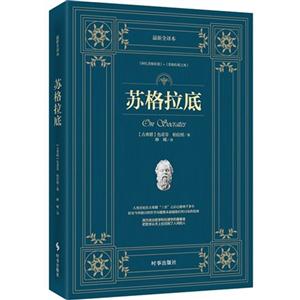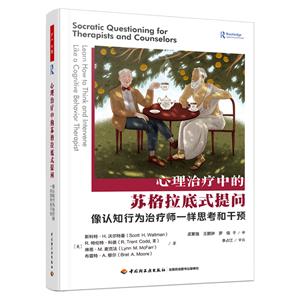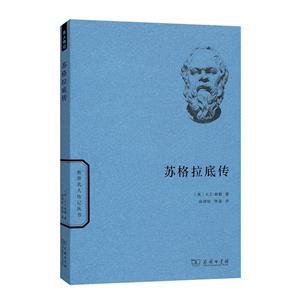
作者:埃尔德
页数:128
出版社:外语教学与研究出版社
出版日期:2016
ISBN:9787513575300
电子书格式:pdf/epub/txt
内容简介
思辨能力的高下将决定一个人学业的优劣、事业的成败乃至一个民族的兴衰。在此意义上,我向全国中小学教师、高等学校教师和学生以及社会大众郑重推荐“思想者指南系列丛书”。相信该套丛书的普及阅读和学习运用,必将有利于促进教育改革,提高人才培养质量,提升大众思辨能力,为创新型国家建设和社会文明进步作出深远的贡献。(孙有中,教授,北京外国语大学副校长)
作者简介
Richard Paul:思辨研究专家,国际思辨研究运动主要负责人,已发表200余篇与思辨研究相关的论文、出版25部论述思辨研究的著作。Linda Elder:教育心理学专家、思辨研究专家,在美国多所大学任教,主要教授课程为教育心理学、思辨能力培养;思辨研究协会会长、思辨中心执行主任。
本书特色
《像苏格拉底一样提问》是“思想者指南系列丛书”当中的一本,属于该系列下的“大众篇”,供广大读者使用。《像苏格拉底一样提问》包括五个部分以及三个附录,通过讲解以及举例,来帮助读者了解并学习苏格拉底提问的艺术。
目录
letter to the reader letter to the reader . . . . . . . . . . . . . . . . . viiintroduction. . . . . . . . . . . . . . . . .1part one: a taxonomy of socratic questions based in critical thinking concepts questions that target the parts of thinking. . . . . . . . . . . . . . . . .5 questions that target the quality of reasoning. . . . . . . . . . . . . . . . .9 the art of socratic questioning checklist. . . . . . . . . . . . . . . . .12 four directions in which to pursue thought. . . . . . . . . . . . . . . . . 16 three kinds of questions. . . . . . . . . . . . . . . . .18 asking one-system, no-system, and conflicting-system questions. . . . . . . . . . . . . . . ..19 questioning questions: identifying prior questions. . . . . . . . . . . . . . . . .23 asking complex interdisciplinary questions. . . . . . . . . . . . . . . . .25part two: socratic questioning transcripts transcript one: exploring the mind and how it works (elementary school). . . . . . . . . . . . .33 transcript two: helping students organize their thoughts for writing (middle school). . . . . .41 transcript three: helping students think deeply about basic ideas (high school). . . . . . . . .45 transcript four: helping students think seriously about complex social issues (high school). . .50part three: the mechanics of socratic questioning three kinds of socratic discussion. . . . . . . . . . . . . . . . .56 wondering aloud about truth and meaning . . . . . . . . . . . . . . . . . 63 sources of student belief. . . . . . . . . . . . . . . . .65 general guidelines for socratic questioning. . . . . . . . . . . . . . . . .67part four: the role of questions in teaching, thinking, and learning the teacher as questioner. . . . . . . . . . . . . . . . . 71 understanding content as interrelated systems with real-life connections. . . . . . .<















